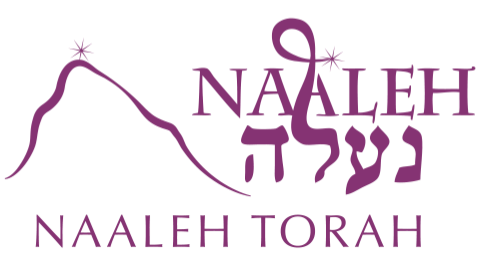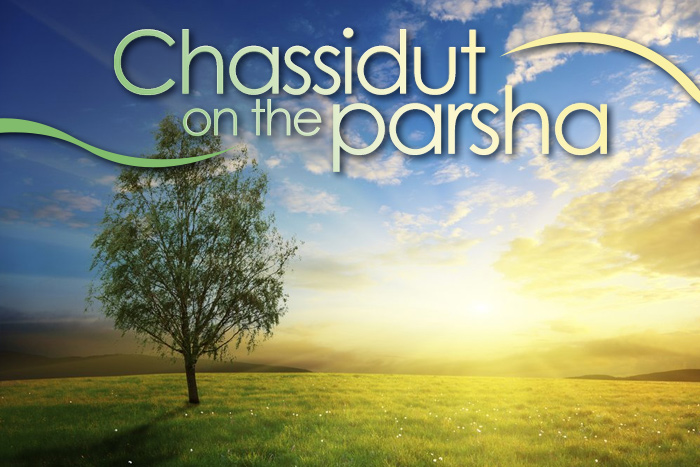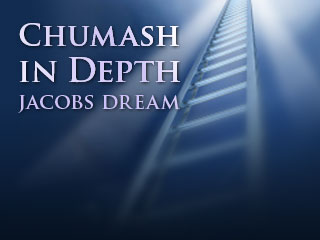Parshat Vayechi: The Kaleidescope of the Jewish Land and People
Posted onIn discussing this week’s parsha, Parshat Vayechi, Rabbi Hershel Reichman speaks about the individual strengths of each of the Tribes of Israel and their beauty as a whole nation.




